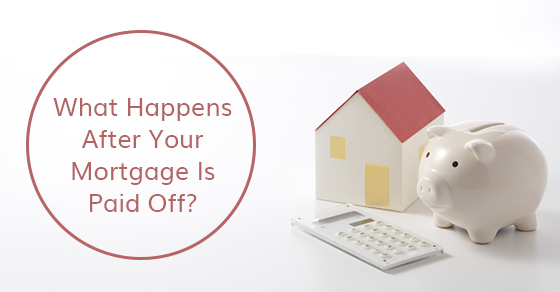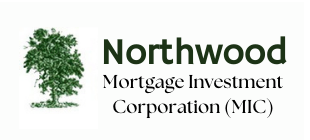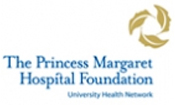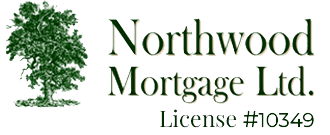Fixed rate mortgages, variable rates, mortgage terms, payments schedules—these will all be things of the past when your mortgage is paid off. However, you can’t just make your final mortgage payment and forget about it entirely. There are steps to take when finishing paying off your mortgage. So, what happens after your mortgage is finally paid off?
When Last Payment Is Done
After you’ve made the last payment on your mortgage, you’re still not home free. No matter the type (fixed rate mortgage, variable mortgage, etc.) making the last payment doesn’t clear your debt until the appropriate paperwork is filled out. You’ll also need to pay a discharge fee to the lender to fully rid yourself of the mortgage. The discharge fee removes the legal registration of the burden from the land titles from the lender. Depending on the lender the discharge fee can vary but it’s usually in the $350 range.
There is no law saying you have to pay the discharge fee immediately after making your last mortgage payment but you should do it within months. Without paying the discharge fee you will not be able to sell your home, transfer its title or obtain another mortgage.
Once the Mortgage Has Been Discharged
The lender will send a document to the registry office letting them know that your title is now clean and there is no longer a lien on your property. This means that if you sell your home, all the equity is fully yours. Then, you’ll need to look over your mortgage statement. Fixed rate mortgages, variable mortgages, all mortgages in fact, come with a statement. This is a document that is sent out twice yearly to show the balance, insurance rate, monthly payments and balance of tax account (if the taxes are paid with the loan) of the mortgage. When you receive this statement after making your final mortgage payment make sure it shows zero balance.
You’ll also need to verify that your credit report no longer contains your mortgage. Keep in mind that this could take a few months. Furthermore, if you had mortgage insurance with your loan, this will expire the moment the mortgage is paid off, so you don’t need to worry about it any longer.
The Final Steps
When you’ve paid off your mortgage in full, you are still required to pay property taxes. If your taxes were rolled into your mortgage, you’ll have to call your city and arrange to make the payments on your own. Now, it’s up to you whether you wish to borrow against the home again. You don’t have to take out fixed rate mortgages or traditional mortgages, you can take out a line of credit instead.






































